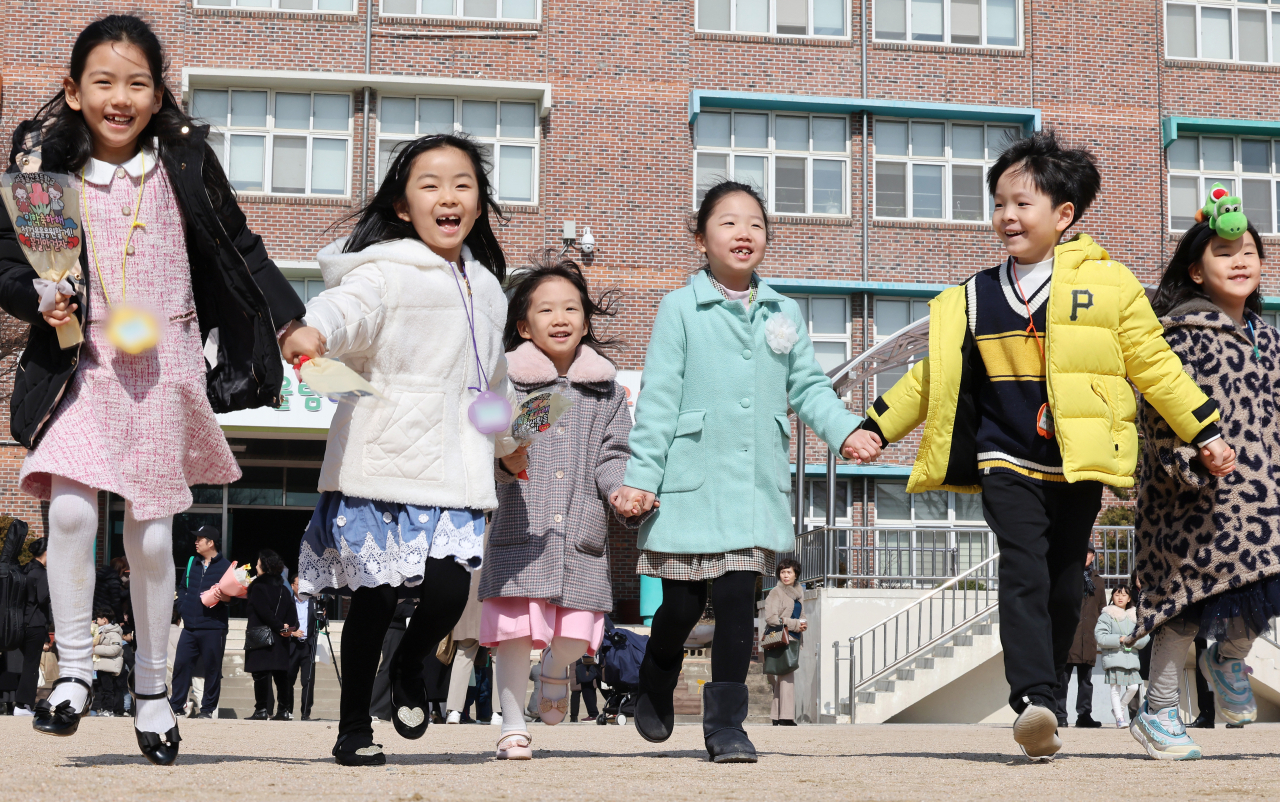Many men fear paternity leave would lead to disadvantages at work: survey
By Yoon Min-sikPublished : March 9, 2024 - 16:01

The majority of men who have taken parental leave think taking a leave of absence for childcare is still difficult in South Korean society, with their leading concern being parental leave putting them at a disadvantage for promotion, a recent survey by a think-tank indicated.
The KCTU Research Center, affiliated with the Korean Confederation of Trade Unions, surveyed 1,720 of its members who took paternity leave at least once to find how they felt about the system. In the survey conducted throughout January and February of this year, 71 percent of the respondents said applying for parental leave was relatively difficult.
A recent report by the Ministry of Employment and Labor showed that 28 percent of those who took parental leave in 2023 were men, a slight dip from 28.9 percent the year before.
When asked by the KCTU why so many men are still reluctant to take parental leave, 85.1 percent said it was "due to fear that they would be subject to disadvantages in promotion or performance reviews." The respondents were allowed to pick multiple answers.
The top response was followed by concern over "reduced income (80.6 percent)," "the company has negative views on parental leave (76.7 percent)," "because raising children is women's job (66 percent)," and "because I could be asked to leave the company, or be included in the list for potential layoffs (58.3 percent)."
Out of the men who took long-term leave for childcare, some 33 percent of respondents picked being at a disadvantage for future promotion and negative performance reviews as the biggest challenge for them upon returning to work, implying that it is a real issue in many Korean workplaces.
While the respondents were concerned about job security, over 90 percent of them said that paternity care had a positive impact on communication with their spouses, getting closer to their children and reducing conflict over housework.



















